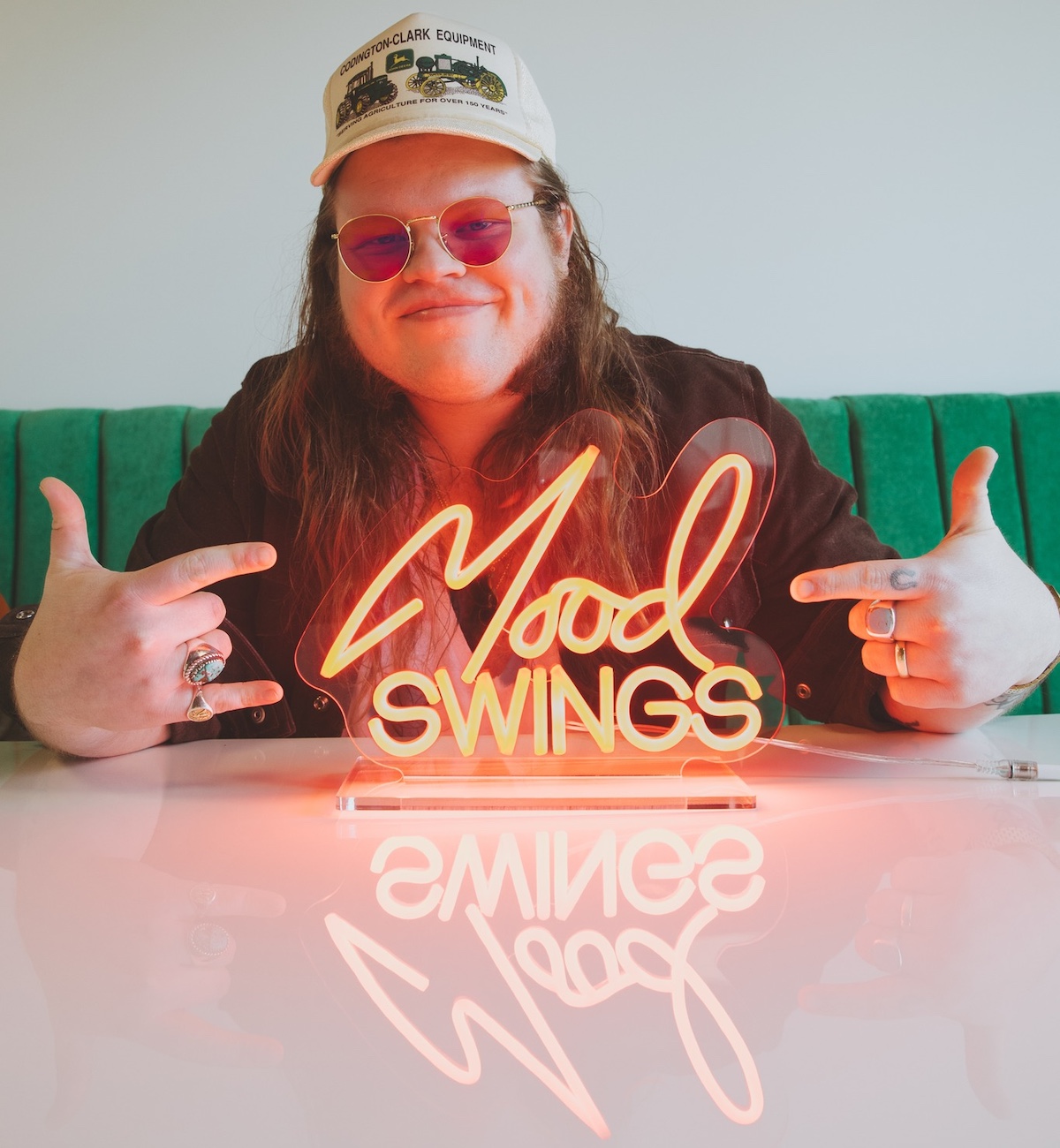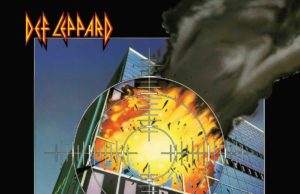THE EDITED PRESS RELEASE: “Produced by Rick Rubin, Mood Swings is Marcus King’s magnum opus, an eclectic symphony of soul that is uniquely timeless and current. Drawing on King’s darkest moments, it became a beacon of hope for the singer-guitarist as he created it, and will be a refuge for anyone going through similar challenges in their lives.
Accompanying the album announcement, King released the title track, the perfect introduction to an album that will redefine any perceived notions around King. The song smolders, with a slow-burn electro-drum stomp and jazzy guitar, leaving space for King’s soulful vocal to shine as he shares his innermost fears while standing in the strength honest vulnerability.
“In the early summer of 2020 I arrived at Shangri-La for my first meeting with my hero, the legend, Mr. Rick Rubin,” King recalls. “As soon as Rick and I met it was like a spark in the room! I immediately felt welcomed, appreciated and mutually admired. Rick and I had a wonderful first introduction and he left me in the capable hands of his ace engineer Jason Lader, an incredible engineer who would become a dear dear friend.

“Jason and I toured the space and just for fun decided to track something, what we tracked was the title track Mood Swings. I laid down guitar and vocals, we added Rhythm Ace R77 drum machine with tape delay to achieve the swing we desired, added bass & piano and after half an hour the track was finished. The track and album title Mood Swings is a play on the swinging nature of the material, while also referencing my up-and-down shifts in mood while I was either abusing the wrong substances, in between mood stabilizing meds and anti-psychotics, self-medication on top of that, along with a foot locker FULL of repressed childhood trauma — all being taken out on my relationship at the time.”
Legendary producer Rubin, who has worked with everyone from Adele to Johnny Cash, was instantly drawn to King’s guitar playing, singular voice and songwriting, and after witnessing a King live performance, one day randomly cold-called him to float the idea of working together. Rubin stated, “I love the way listening to this album makes me feel. I can’t think of another project quite like this one. Marcus’s playing and singing are from another planet.”
The pair secretly holed up for sessions in Italy and Malibu during the promotion of King’s critically acclaimed album Young Blood. The result is King’s most sonically astute and personal album to date and a landmark moment for Marcus who for the first time lets his voice take center stage. “There was no hiding behind the guitar at all,” he grins. His smoldering country soul vocal, part Al Green, Bobby Womack, Marvin Gaye, Adele and Chris Stapleton, is set to establish him as one of the greatest vocalists of our time, no longer in the shadow of his own guitar greatness.

Yet Marcus King didn’t plan on making Mood Swings. He didn’t even plan on living much longer before he started working on it. Heartache, addiction, and mental health brought him to the brink and during a North American tour, Marcus had designs to drink himself to death. He admits, “I had an escape route already decided for myself and a backup if that didn’t work.”
Around the same time, King went into Dan Auerbach’s studio and despite his mental health, drinking and substance abuse reaching untenable limits, he was able to create the critically acclaimed Young Blood. There is consequently an ocean of depth to King’s lyrics. Mood Swings once again takes us back to that dark period of King’s life where he was on the brink, firmly believing that he was destined to die young, most likely at his own hand.
Despite its often bleak subject matter, Mood Swings is an album with a message of hope. Rubin helped King find a new personal and sonic approach and instead of crumbling under the weight of his anxiety, Rubin inspired him to shift his perspective. “He helped me view mental health as a writing partner in a way,” recalls Marcus. “I’ve learned it can give me that creative spark.”
King is a Grammy-nominated fourth-generation musician from Greenville, S.C., who started playing guitar at eight years old following in the footsteps of his guitarist father and grandpa. Logging thousands of miles on the road as The Marcus King Band, he established himself with unparalleled performance prowess and a dynamic live show. His solo debut El Dorado, garnering a Grammy nomination in the category of Best Americana Album.

Between packing venues on his own, he performed alongside Stapleton, Greta Van Fleet and Nathanial Rateliff in addition to gracing Stagecoach and more with one seismic show after the next. He has been open about his challenges with mental health in his songs, and has launched various mental health initiatives, most recently a guitar auction collaboration with MusiCares.
Mood Swings takes us in a very different sonic direction to his considerable catalog of studio albums. Combining elements as diverse as modern pop, R&B, aughts hip hop, piano driven classic rock and the warm production and symphonic instrumentation of classic era soul, R&B and jazz. Previously released song F*ck My Life Up Again is a departure from stadium-sized rock, with strings that accent over a smoky jazz beat, while his soulful delivery booms, “Come f*ck my life up again, don’t deserve to live without pain.”
A guitar solo “played backwards” channels stark confusion offset by the unshakable hook. On Hero, his croon rises over acoustic guitar towards a fluttering crescendo. The same naked emotion defines Delilah and innovative tracks such as Inglewood Motel (Halestorm). The album closes with Cadillac, steeped in psychedelic symphonic soul it is an arresting tale of dark desires and suicidal ideation.
On Mood Swings, we find King gracefully standing in his own truth, accepting the challenges he’s faced and coming out the otherside a man renewed. It is a rebirth of both his sound and of his mind. “Without this assembly of songs, I don’t think I’d be around,” King shares, “I hope this album can act as a safety blanket, a rescue, or a refuge for anybody struggling with mental health, substance abuse, or relationship issues. That’s what it is for me.”









































